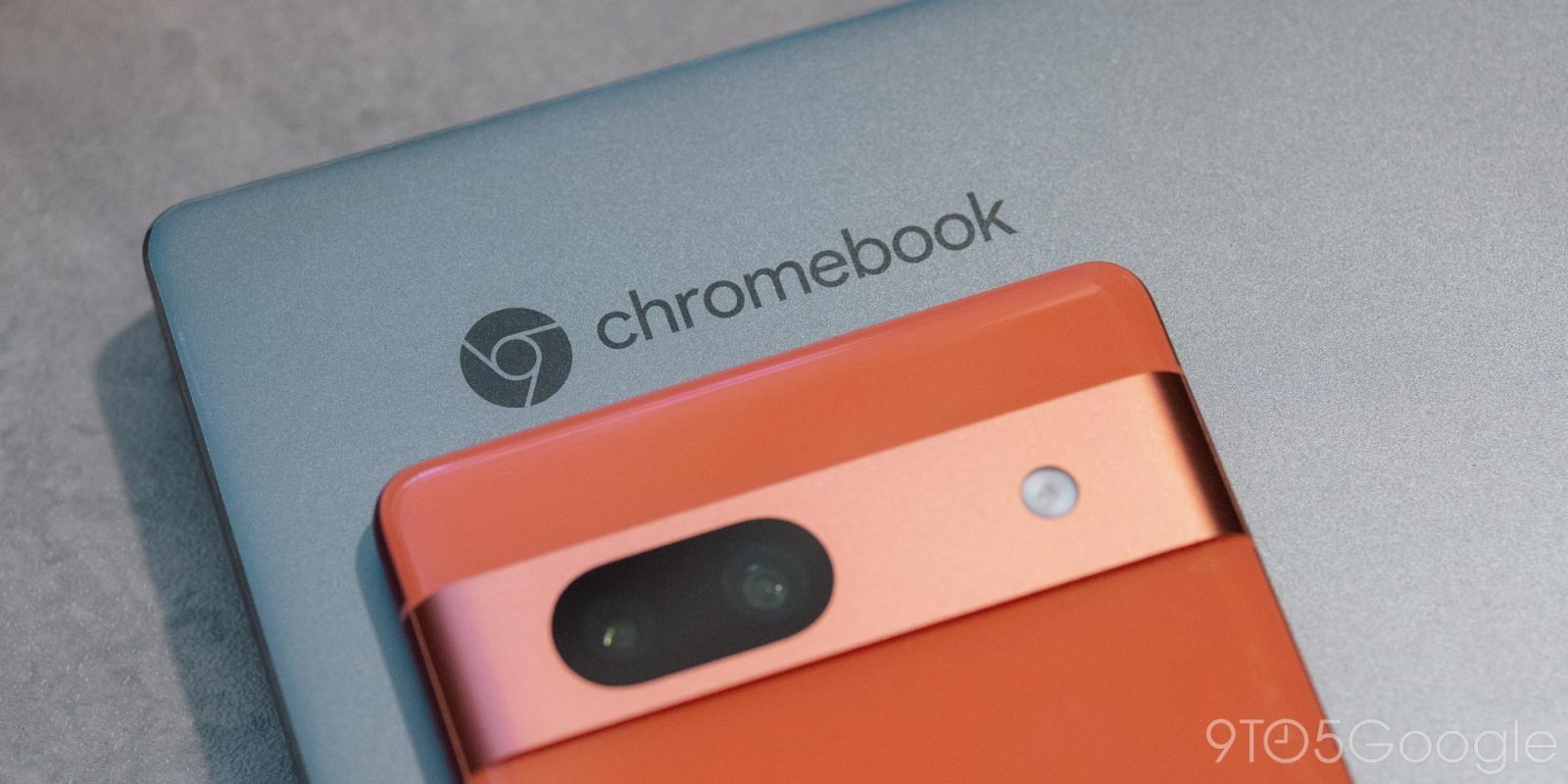
Last month, Google announced that ChromeOS would use “large portions of the Android stack” going forward. This is a long-term effort that will take “quite some time,” but one immediate change is Google ending development on Lacros, an experiment to update the Chrome browser independently of ChromeOS.
This effort started in 2020, and was made available for testing in August of 2023. Described as an “experimental Chrome browser,” Google hoped to:
- React even faster to stay ahead of the curve on security incidents
- Enable ChromeOS to scale and grow to support a new set of more complex user needs like separating Work and Personal browser use with multiple browser profiles
- Improve overall stability and performance on Chromebooks
Additionally, Google could have conceivably kept updating the browser when a Chromebook model hits end of life (EOL), though Chromebooks now get 10 years of updates and ChromeOS Flex exists.
Google announced today that the Lacros experiment is ending and will no longer be supported with version M128.
The explicit goal of Lacros was to “allow [the] Chrome browser on Chromebooks to swiftly get the latest feature and security updates without needing a full OS update.” Notably, the company today believes it is “achieving similar objectives” with the ChromeOS embrace of Android under-the-hood.
We believe this will be a more effective way to help accelerate the pace of innovation on Chromebook.
Thanks to Lacros testing and community feedback, Google has already made various improvements to ChromeOS, including “faster login time and enhanced battery life during video playback.”
Since this was only ever an experiment, there is no user-facing impact of the upcoming Lacros deprecation.
As always, we are fully committed to continuing to roll out monthly releases and security fixes for both Chrome and ChromeOS faster throughout.
FTC: We use income earning auto affiliate links. More.



Comments